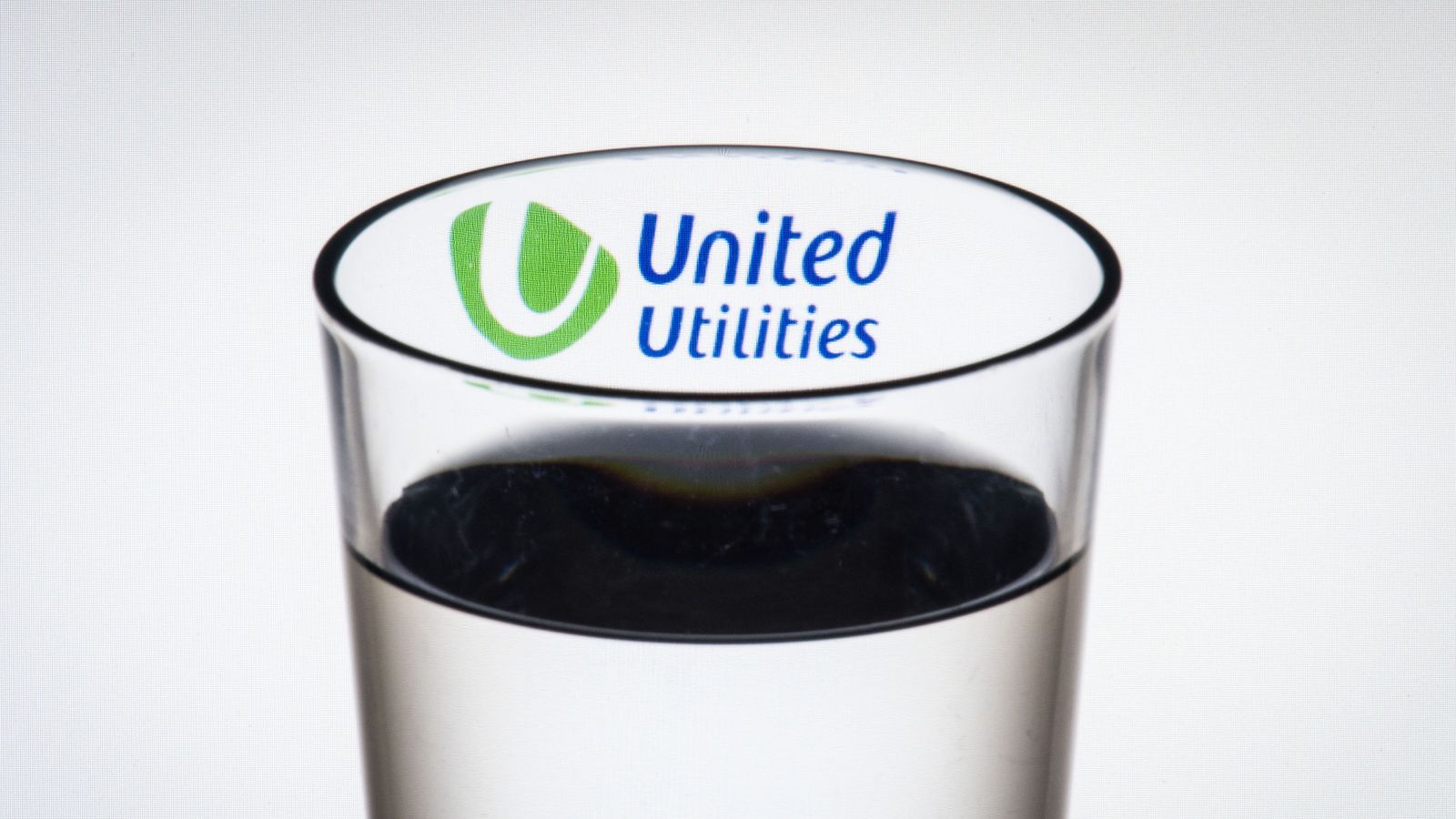Last year, a large group of scientists had gathered for a two-day conference to discuss whether biotechnology could make people younger. The conference was organised at a mansion owned by Russian-Israeli billionaire Yuri Milner in Los Altos Hills, California, US. Experts took to the stage to explain and discuss radical attempts at “rejuvenating” animals. Eventually, a new company called Altos Labs was established. The objective of the new company is to find a way to rejuvenate cells in a lab that could ultimately lead to prolonging human life.This startup has reportedly attracted the attention of leading billionaires, including Amazon founder Jeff Bezos.
Altos Labs, incorporated in the US and in the UK earlier this year, will be establishing institutes in San Francisco Bay Area, San Diego, and Cambridge along with other locations in the UK and Japan. As per a recent report by MIT Technology Review, it is recruiting scientists and promising them unfettered research on how to reverse the ageing process of cells. Manuel Serrano of the Institute for Research in Biomedicine in Barcelona, Spain, reportedly accepted the job offer and said the company would pay him five to 10 times more than his current earnings. Peter Walter, whose laboratory at the University of California, San Francisco, is behind a molecule that shows remarkable effects on memory, is also reportedly joining the company.
The report suggested that the company’s investors included Jeff Bezos, the world’s richest person, who recently flew out to space. The report also confirmed that Milner and his wife Julia have invested in Altos Labs through a foundation.
Another backer of the company is entrepreneur and scientist Richard Klausner, who served as the chief of the National Cancer Institute of the US. The incorporation filing in the UK for Altos Labs reportedly showed Klausner as the CEO of the new company.
A number of startups are pursuing reprogramming technology but none of the efforts has yielded any notable treatments tested on people.











